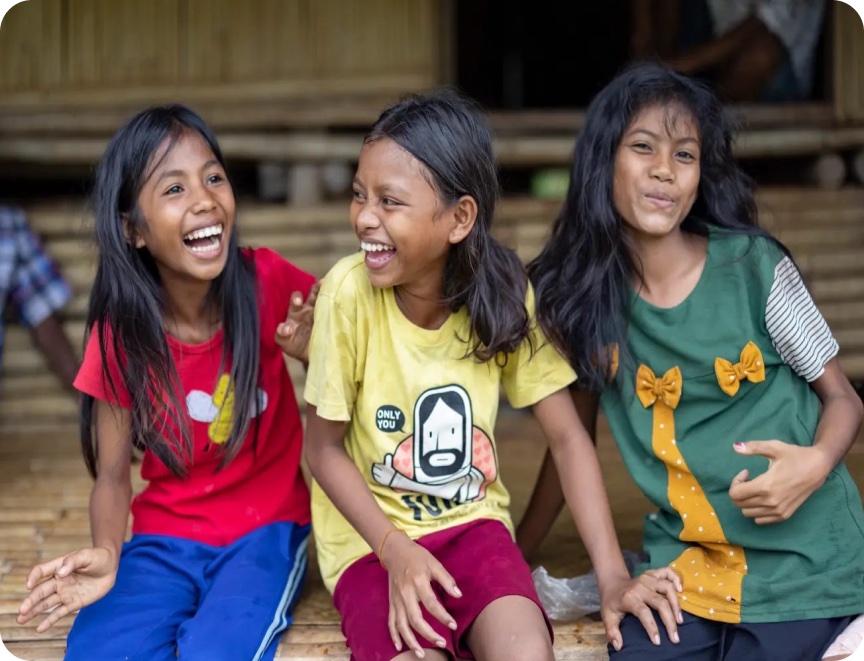(Sydney, Australia) This latest announcement provides a far better measure offering children greater and more effective protections than the proposed social media ban for children under 16. The announcement yesterday also confirmed Government intent to legislate the ban, a move that ChildFund is concerned could erode protective measures across the digital ecosystem.
The Digital Duty of Care, when implemented well, will give the government powers to not only hold online platforms to account for individual pieces of harmful content, but it could also create the opportunity to impose penalties on the way these organisations operate. This could place greater emphasising on reducing the risk to children that comes from design decisions like push notifications, endless scrolling, algorithms recommending dark content, chat and comment functionality and more. This will significantly build on existing powers which are currently limited to take down orders on specific content.
A new Duty of Care would require online platforms to be proactive in protecting the community and catch risks upstream rather than reacting to specific requests, an approach that is deemed international best practice. This is aligned to current UK and European practices and a move supported by recent research conducted by the University of Sydney that found 86% of Australian teenagers and 90% of parents of teenagers think social media companies need to do more to keep young people safe online.[1]
ChildFund CEO Margaret Sheehan was excited about the new Duty of Care obligations and the prospect of the new legislation but equally steadfast in her view of the under 16s ban on social media.
“This proposed new legislation will go a long way to setting up a framework that will force social media companies to offer increased protections, including for children and this is truly an exciting prospect.”
“If these provisions offered by the Duty of Care are implemented carefully and correctly, they could be a game changer.”
“While we commend the government for taking steps to put forward this groundbreaking legislation with respect to the Digital Duty of Care, we are concerned that social media bans will erode the effectiveness of this legislation, creating an opportunity for platforms to step back from making online spaces safe for children.”
Senior Policy and Advocacy Advisor for ChildFund Australia Jacqui McKenzie spoke about the impact of the proposed Duty of Care both locally and internationally, “Digital communication has become central to our way of life in how we communicate, learn and access information. The sooner we can create an online environment that is safe for our children the more equipped they will be to live in a digital future.”
“The vast majority of the work that ChildFund does is in regional and remote communities throughout the world. These communities face serious risks online, with different levels of complexity due to context. This, like the UK and European legislation, is world leading and will have a ripple effect for children across the region.”




























